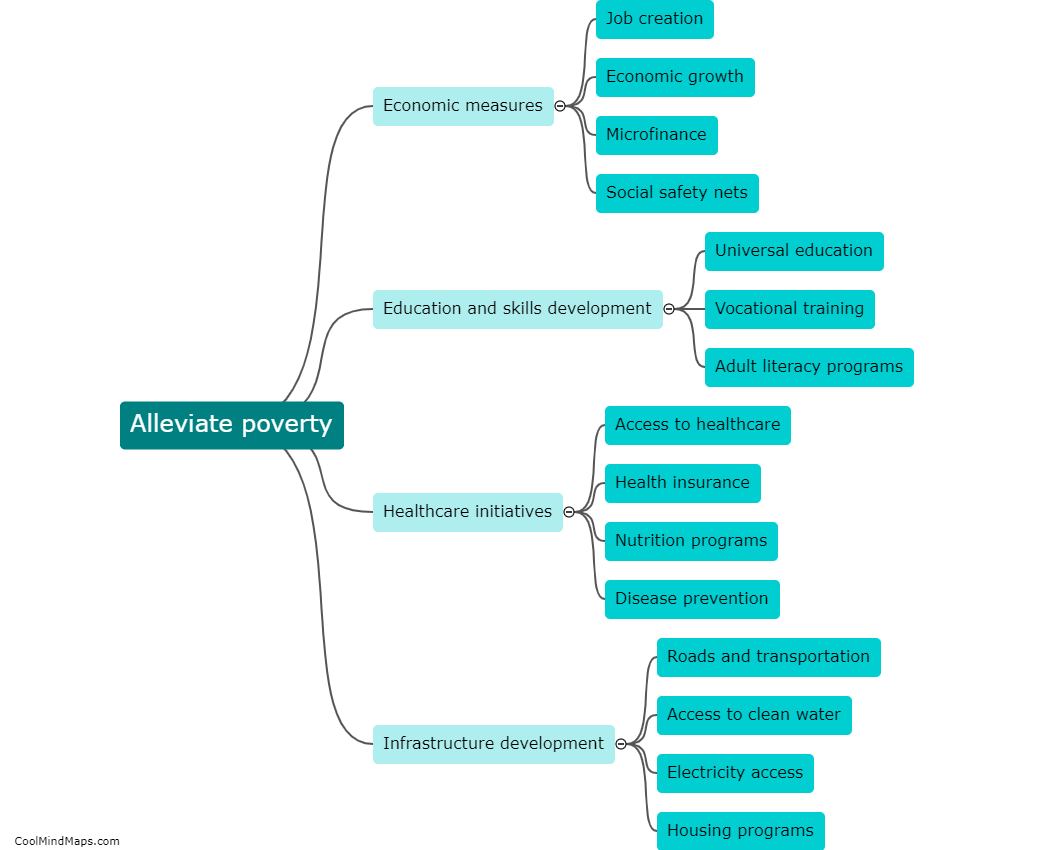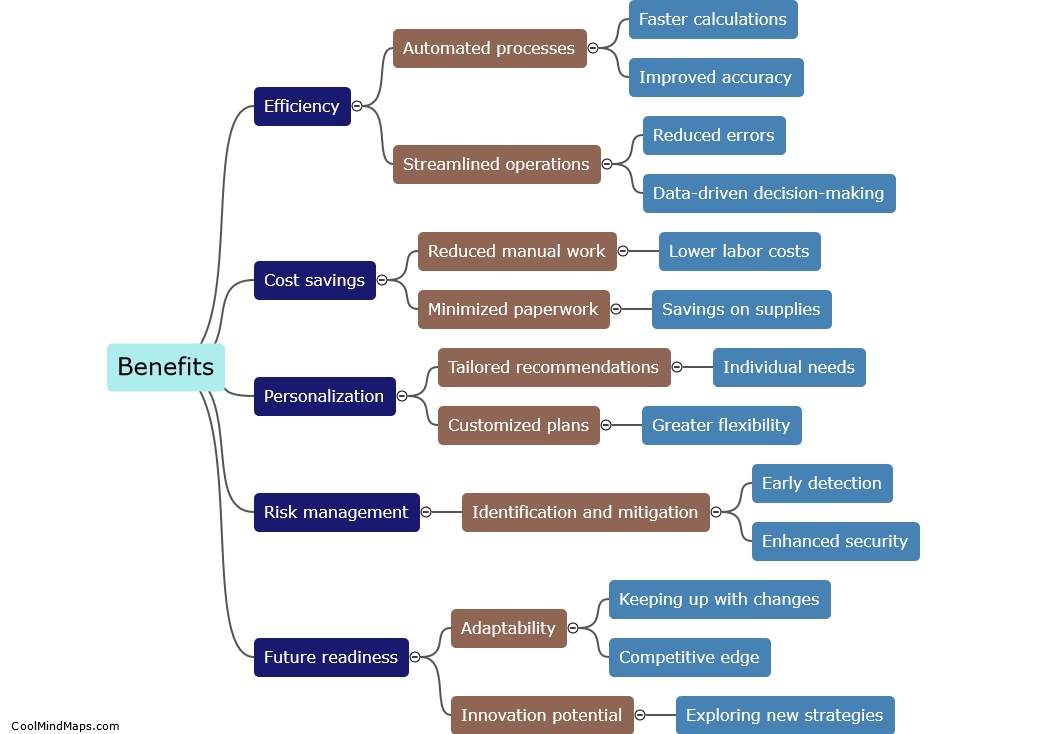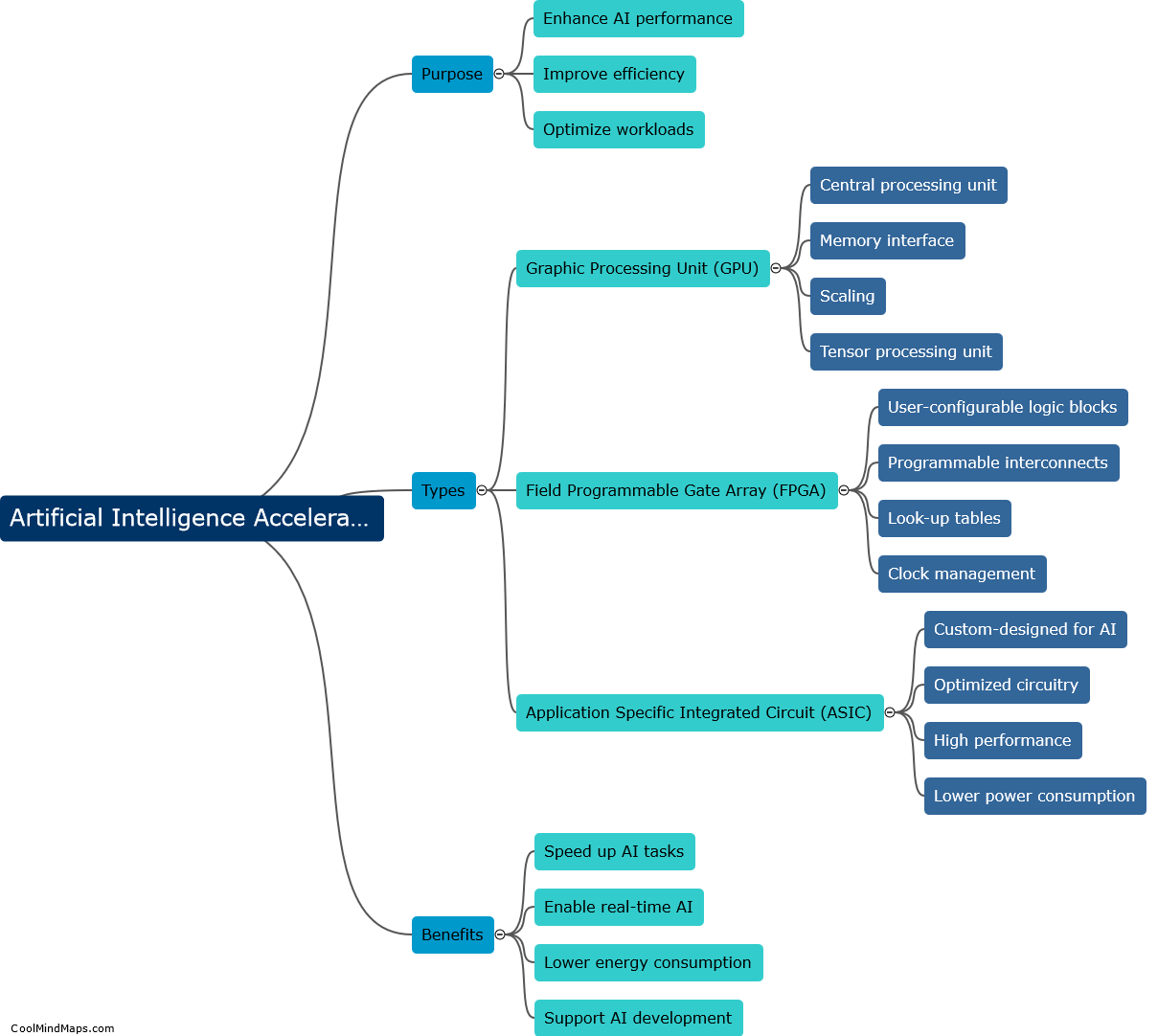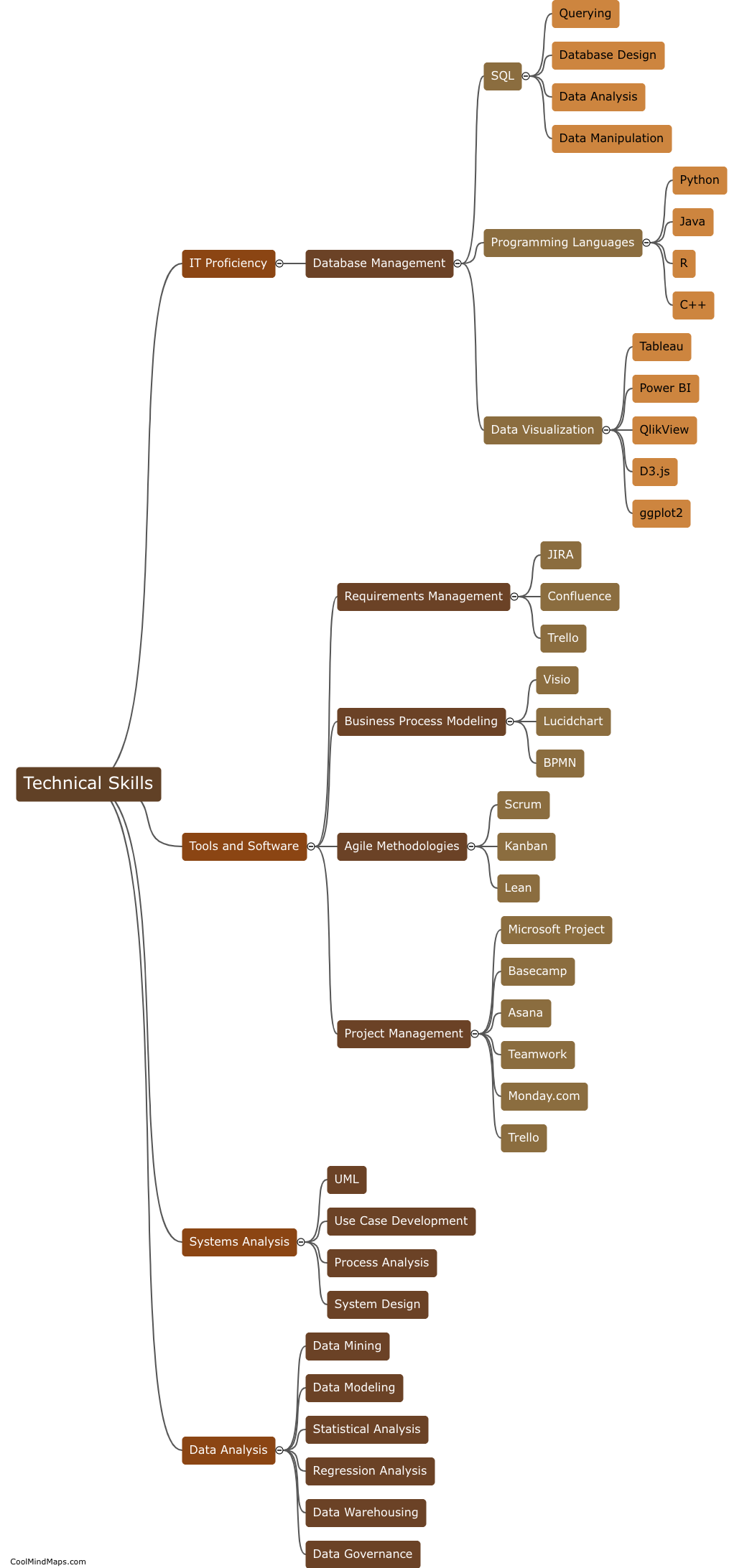What are the ethical implications of neurotechnology?
Neurotechnology, which encompasses the use of advanced technologies to interact with and manipulate the brain, raises various ethical implications. One major concern is the potential invasion of privacy and autonomy. With the ability to read and interpret brain signals, there is a risk of unauthorized access to an individual's private thoughts and emotions. This infringes on the right to mental privacy and raises questions about consent and data ownership. Furthermore, the development of neurotechnologies for enhancement purposes, such as improving cognitive abilities, raises questions about fairness and equality. Access to these enhancements may create a divide between those who can afford them and those who cannot, exacerbating existing societal inequalities. These ethical implications highlight the need for careful regulation and consideration of the potential risks and benefits of neurotechnology to ensure its responsible and ethical use.

This mind map was published on 19 December 2023 and has been viewed 104 times.











